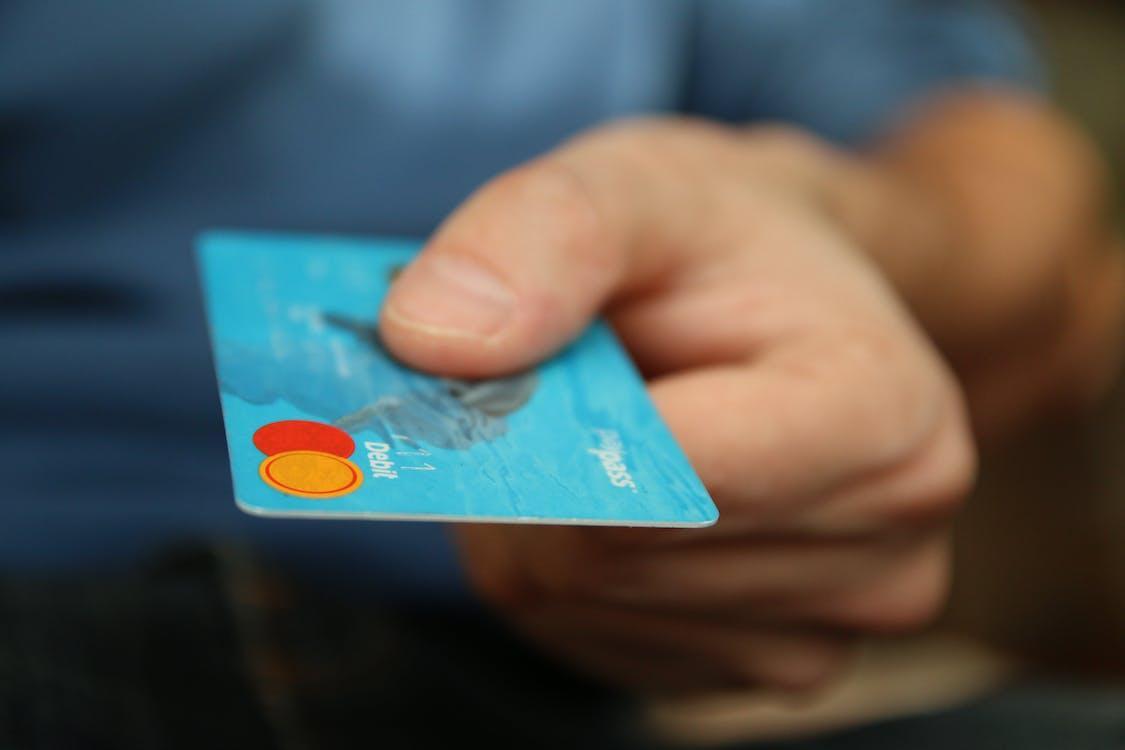Is Bitcoin Taxable in Canada? CRA’s Treatment of Cryptocurrency in 2024
Cryptocurrencies are evolving, and Bitcoin is among the leaders in terms of growth and value. This makes Canadians worried about Bitcoin’s legality and taxation in the country.
So, is Bitcoin taxable in Canada? We have all the scoop.
Keep reading for a definitive answer!
Is Bitcoin Taxable in Canada?
Per the Canadian Revenue Agency, Canadians are legally obliged to pay taxes on cryptocurrency. Still, it’s important to note that cryptocurrencies are not considered legal tender but rather a commodity by the CRA. That being said, any profits or losses from purchasing or selling Bitcoin (or any cryptocurrency) must be reported.
Expectedly, while numerous stores accept it as a payment method, you can’t pay taxes or perform other official transactions using cryptocurrency.
Moreover, the CRA considers cryptocurrencies a capital gain or business income for those who earn an income from crypto transactions. Therefore, if you suffer a loss, it will be deemed a business or capital loss.
View this post on Instagram
Tax-paying citizens also need to specify crypto transactions that earn them income or capital gains. Having said that, not all crypto transactions are categorized as business activity.
Apart from the abovementioned methods of crypto taxation, the CRA also considers using cryptocurrency (like Bitcoin) for purchases a barter transaction. A barter transaction occurs when you make a purchase with illegal currency.
Bottom line, the Bitcoin and cryptocurrency taxation in Canada depends on whether the person’s activities with Bitcoin are mainly business-related or not.
Crypto Mining as a Hobby vs Business
Aside from obtaining cryptocurrency through purchasing, you can also opt for crypto mining. The income tax on mined crypto assets in Canada highly depends on the activity.
The two most common types of activities are mining for a personal hobby or mining for business purposes.
For an activity to count as a business, the individual’s initial intention needs to be making a profit. Additionally, the taxpayer must carry out the activity in line with the standards set for businesslike behaviour.
Alternatively, if the personal elements of performing a crypto activity exceed the extent to which the tax-paying individual conducts the activity in a commercial way, the activity is considered a hobby.
Even though there is no definitive checklist of factors characterizing an activity as conducting business, the courts may take some of the following into consideration:
- Profits and losses resulting from the activity in previous years
- The training of the taxpayer
- The taxpayer’s planned direction
- The ability of the activity to return a profit
- Existing conventional business financing methods (ex. bank loans)
- A formal business plan
These factors differ among miners, regardless of using mining for hobby or business reasons. For instance, miners who have a computer programming background and take out loans to support their mining rig are generally expected to be running a business, as opposed to people using a personal computer device for mining.
What Is a Disposition?
By definition, disposition represents getting rid of something, usually by giving it away, selling it, or transferring it. While owning cryptocurrency is generally tax-free, you could face tax implications when:
- You sell or gift crypto
- Exchange or trade crypto – even if you dispose of one cryptocurrency to get another
- Convert cryptocurrency to fiat currency (ex. Canadian dollars)
- Use cryptocurrency to purchase goods or services.
These activities are considered dispositions and should be regularly reported on your income tax return.
Learn more: Best Crypto Exchange in Canada
How To Report Bitcoin on Income Tax Returns?
According to cryptocurrency tax laws in Canada, you should first determine if your income is business income or capital gains.
Namely, if you earned profits from trading Bitcoin or other types of cryptocurrency, they’re deemed capital gains. Half of these earnings are taxable on 50% of the value, and you would need to report them with CRA’s Schedule 3.
On the other hand, if you obtain crypto via mining, the entire amount is subject to taxation. In this case, you would need to report your earnings using the T2125 form.
Does GST/HST Apply To Cryptocurrency?
If you purchased a property or a service with cryptocurrency, you might need to pay a GST/HST tax. The amount is calculated based on the fair market value when you make the exchange.
Subsequently, if you or your business accept cryptocurrency payments for taxable products or services, you’re required to calculate the GST/HST amounts based on the crypto value at the time and report them to the CRA.
Related article: Who Is Eligible for the GST Credit in Canada?
Tips for Record-Keeping
You must keep clear records of these transactions to calculate crypto assets for your income tax in Canada correctly. This could potentially help you avoid paying a higher crypto tax in Canada.
Moreover, if you’re a crypto miner and also engage in selling cryptocurrencies, you’ll want to keep meticulous track of your cryptocurrency transactions – especially the following:
- Receipts for the purchase of mining hardware
- Receipts supporting the mining operations’ expenses (power bills, mining pool fees, and other maintenance costs)
- Mining pool details
However, if you’re trading cryptocurrencies on exchanges, always export and download information periodically. Failure to keep records for a minimum of six years might impose criminal charges as stated under Section 238 of The Income Tax Act.
With that in mind, keeping the following records on crypto transactions is necessary:
- Date of transaction
- Receipts of transfer/purchase for your crypto
- Value of cryptocurrency (in CAD) at the time of purchase
- Digital wallet and cryptocurrency addresses records
- A detailed description of the transaction between you and the crypto address on the other side
- The records of the exchange
- Books/files related to legal costs and accounting
- Records documenting the expense of software that helps you manage taxes
Since the CRA doesn’t endorse any software for tracking and keeping records of cryptocurrency, they advise taxpayers to choose one that will help them with keeping crypto records the most.
You might be interested: Best Investment Apps in Canada
Finishing Words
Ultimately, earnings from Bitcoin and other types of cryptocurrency are taxable. However, the taxable amounts differ depending on the activity you use cryptocurrency for.
Hopefully, our guide has given you a clearer picture of the cryptocurrency tax laws in Canada. Now, you’re ready to purchase and sell crypto safely. Good luck!
FAQ
You can’t avoid paying taxes when cashing out your crypto in Canada. However, there are ways for you to pay fewer taxes on your digital assets.
Check out some of the most popular ways in Canada to help you avoid paying high crypto tax:
- Store your crypto on your TFSA.
- Open an RRSP account and keep crypto on it.
- Carry your capital losses forward.
- Perform a tax-loss harvesting technique.
- Cut-down particular business expenses, etc.
Yes, Bitcoin and other cryptocurrencies are legally recognized forms of payment in Canada. But even so, they’re not considered to be legal tender.
Trading any cryptocurrency is considered business income and, as such, is a subject of crypto tax in Canada.
Moving crypto between wallets isn’t a taxable event as long as the ownership of the two wallets stays the same.
Cryptocurrency earnings considered capital gains by CRA’s standards are taxable on only 50% of the value.






